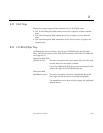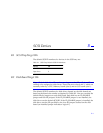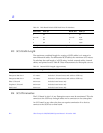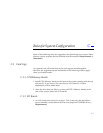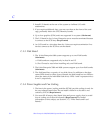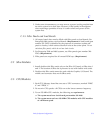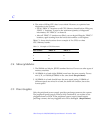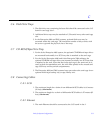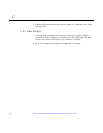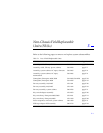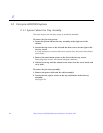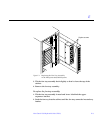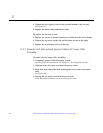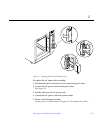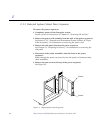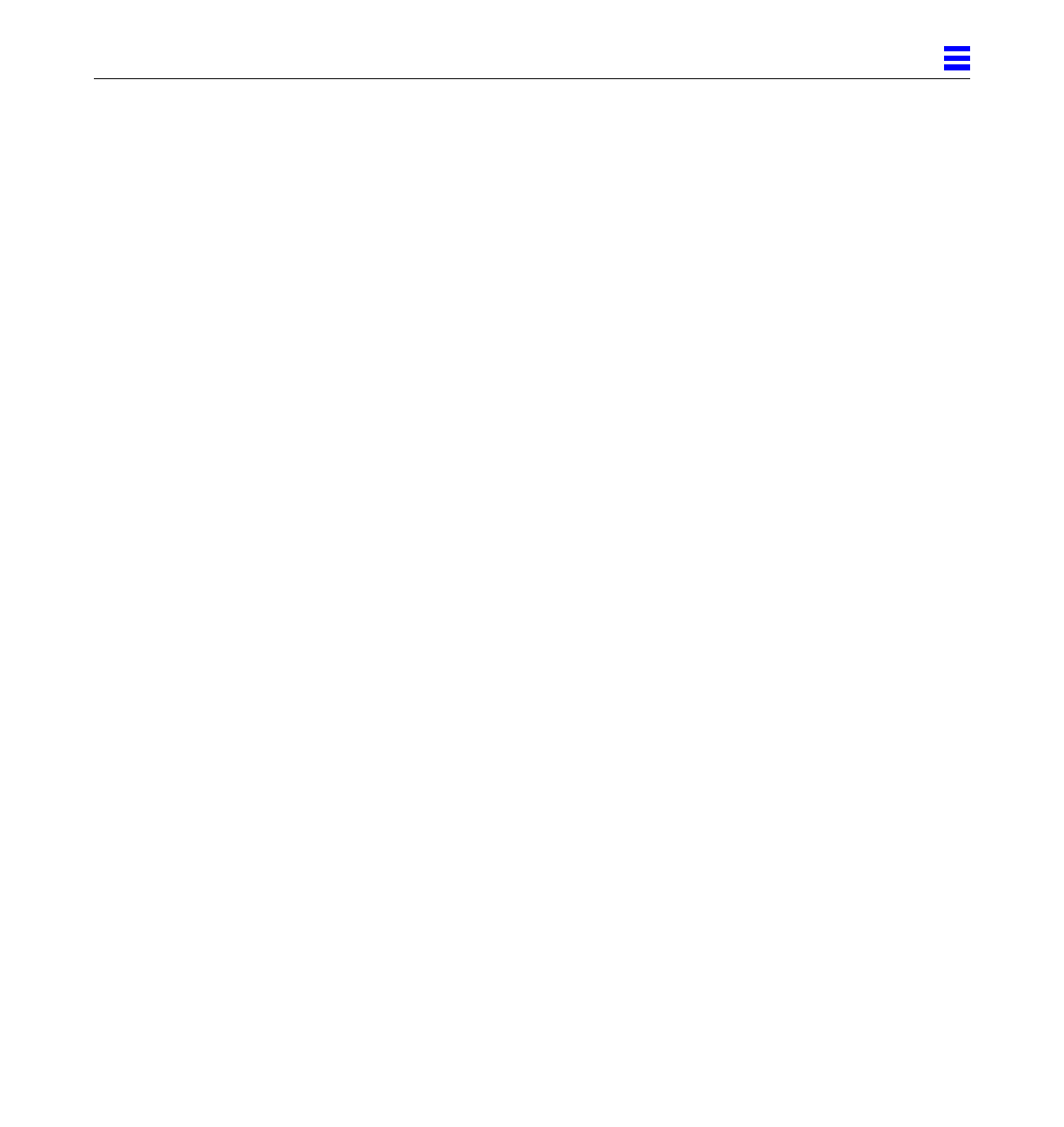
Rules for System Configuration C-5
C
C.6 Disk Drive Trays
1. The disk drive tray containing the boot disk should be connected to the I/O
board in card cage slot 1.
2. Additional drive trays may be attached to I/O boards in any other card cage
slot.
3. In the Enterprise 6000 and 5000 systems, optional disk trays may be
mounted under the card cage. The maximum number of trays varies with
the server type and the physical size of the trays.
C.7 CD-ROM/Tape Drive Tray
1. For the 8-slot Enterprise 4000 system, the optional CD-ROM and tape drives
are mounted horizontally in a SCSI tray that is attached to the card cage.
2. For the 16-slot Enterprise 6000 and 8-slot Enterprise 5000 cabinets, the
optional CD-ROM and tape drives are mounted vertically in a SCSI tray that
is attached to the rack. Note that the 8-slot card cage is the same unit as is
used in the 8-slot standalone unit, but with filler panels in the unused card
cage SCSI tray and keyswitch compartments.
3. The Enterprise 6000 and 5000 systems have space above the card cage for an
optional multi-tape backup tray or tape library unit.
C.8 Connecting Cables
C.8.1 SCSI
1. The maximum length for a chain of non-differential SCSI cables is 6.0 meters
(20 feet). (Maximum)
2. The maximum length for a chain of differential SCSI cables is 25 meters (82
feet). (Maximum)
C.8.2 Ethernet
1. The main Ethernet should be connected to the I/O board in slot 1.



